Standards and initiatives

The Sustainability Report 2024 is prepared in accordance with Section 32k of Act No. 563/1991 Coll., on Accounting, as amended, which implements Article 29a of Directive 2013/34/EU of the European Parliament and of the Council, in accordance with Act No. 256/2004 Coll., on Capital Market Undertakings, as amended, and with the European Standards for Sustainability Reporting (ESRS). International standards such as GRI, SASB, and WEF, were also taken into account in the preparation of the Sustainability Report to ensure maximum transparency.
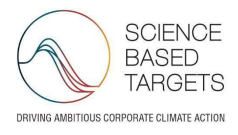
Science Based Targets initiative
The SBTi initiative defines and promotes ambitious science-based approaches to setting climate targets, provides technical and expert support to companies wishing to set climate targets, and independently evaluates these proposed corporate targets.
Ambitious corporate climate action - Science Based Targets Initiative
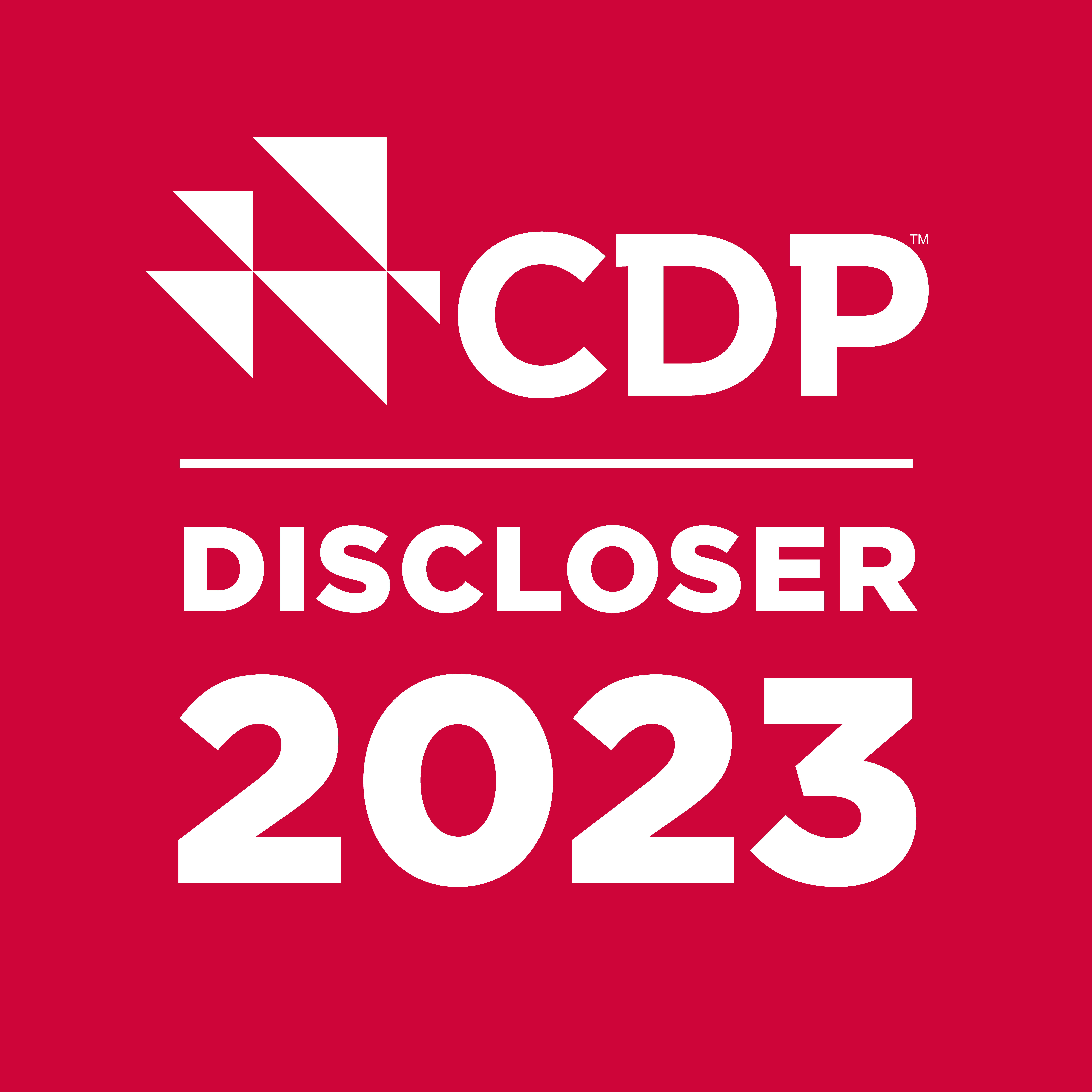
Carbon Disclosure Project
CDP is a not-for-profit charity that runs the global disclosure system for investors, companies, cities, states and regions to manage their environmental impacts.
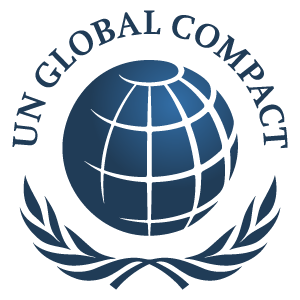
UN Global Compact
Since 2022 CEZ Group has been committed to the UN Global Compact corporate responsibility initiative and its principles in the areas of human rights, labour, the environment and anti-corruption.
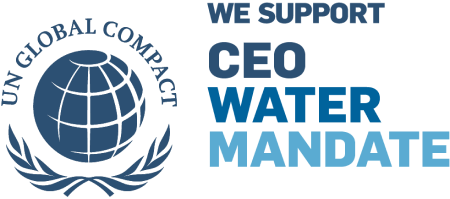
CEO Water Mandate
Since 2022 CEZ Group is a CEO Water Mandate endorsing company to demonstrate its ongoing commitment to the initiative and its six commitment areas.
CEO Water Mandate | Sign the Commitment to Water Stewardship

GRI (Global Reporting Initiative)
GRI is an independent international organization that helps businesses and other organizations take responsibility for their impacts, by providing them with the sustainability standards. GRI standards are the most widely used sustainability standards in the world. The advantage of the GRI standards is their general focus on individual ESG topics. The use of standards is voluntary; any company can report in accordance with the standards. Thanks to a uniform methodology, GRI standards allow companies and their ESG activities to be compared against each other.
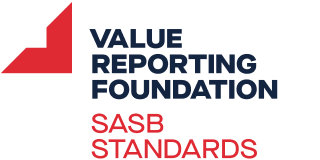
SASB (Sustainability Accounting Standards Board)
SASB is an independent, non-profit organisation. SASB standards guide the disclosure of financially material sustainability information in specific industries therefore they are sector specific. These are primarily numeric indicators that significantly affect or can affect the operations and therefore the financial position of companies in a given industry. SASB standards, which are voluntary, provide investors and other stakeholders with important information about companies’ ESG performance.
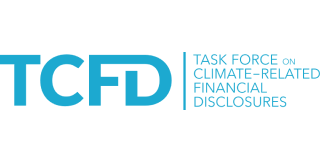
TCFD (Task Force on Climate-Related Financial Disclosures)
The Financial Stability Board (FSB) created the TCFD to develop recommendations on the types of information that companies should disclose to support investors, lenders, and insurance underwriters in appropriately assessing and pricing a specific set of risks—risks related to climate change.

TNFD (The Taskforce on Nature-related Financial Disclosures)
CEZ Group has committed to prepare an analysis of the assessment of the impact of its business on the environment, landscape, ecosystems and biodiversity according to the recommendations and evaluation criteria of the TNFD.
WEF (World Economic Forum)
As a non-profit organisation, WEF contributes to the harmonisation of ESG reporting. WEF builds on existing standards and frameworks for non-financial reporting. WEF mostly draws from the GRI and SASB standards and partly also from TCFD, CDSB, GHG Protocol, SBTi and others. WEF groups its metrics and indicators into 4 pillars (Principles of Governance / Planet / People / Prosperity) and divides them into core and expanded. The use of metrics and indicators is voluntary.
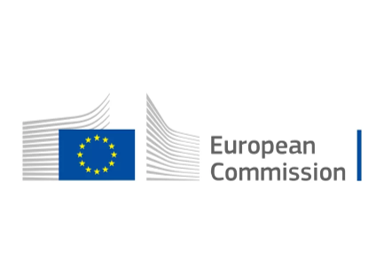
European Diversity Charter
The European Diversity Charter is a project of the European Commission, which aims to promote and implement diversity, flexibility and inclusion in the labour market in EU countries. The aim is to promote and implement diversity, flexibility and inclusion as key values in the labour markets of individual member states in cooperation with employers, public institutions, schools, etc. However, it is also important to connect them with each other – to inspire and share know-how, experience and examples of good practice.
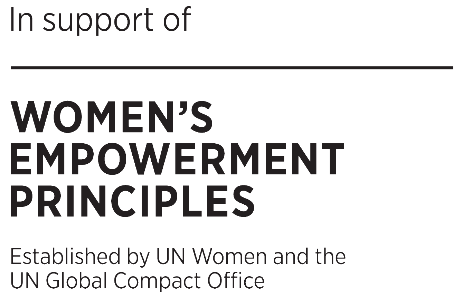
WEPs
The WEPs initiative is founded by the UN Global Compact and UN Women and builds on the foundations of international labour standards and international human rights, which assume the responsibility of companies as employers for equal opportunities for women and men, as well as for women's empowerment. By joining the WEPs community, we express our will to strive for further empowerment of women in CEZ Group. The tools to promote equal opportunities for women and men in the workplace include, for example, equal pay for equal work, popularization of the topic of strengthening the role of women in society, sharing experience and successes, active support and inspiration for other organizations, support for activities and inspiring projects that are linked by the same idea and taking measures that support work life balance, especially for parents and people caring for family members, as well as programs supporting the return of women (men) after maternity/parental leave, without restrictions in career, professional development and advancement.

Women in Nuclear (WIN)
It brings together mainly women working in the fields of nuclear energy, research, education and wherever ionizing radiation and radionuclides are used for peaceful purposes. The association is part of the international organization WIN Global, which includes national groups in more than 130 countries around the world, bringing together tens of thousands of female professionals. WIN Czech Republic is one of the sections of the professional organization Czech Nuclear Society. The association was founded in 2000 at a women's meeting held in Dukovany on the occasion of 15 years of operation of the Dukovany Nuclear Power Plant. It currently has 90 members. A large part of the members are employees of the CEZ Group.
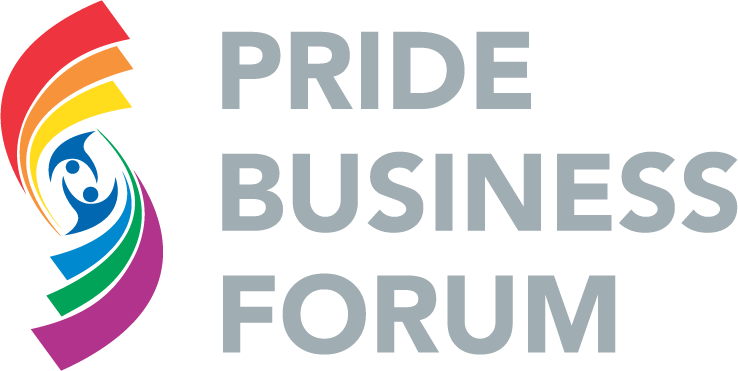
Pride Business Forum Memorandum
By signing the memorandum, we have openly declared our active support for LGBT+ topics not only internally as part of employee care. The public promise included, for example, the development of a corporate culture and a safe environment that allows for open discussion with regard to a fair approach to LGBT+ employees.
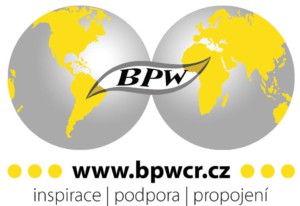
Business & Professional Women CR
We are members of a non-profit organization that connects active women with the aim of supporting their economic independence. The organization is involved in the topics of equal pay, the position and influence of women in society. It organizes mentoring programs. It is an ambassador of the Women's Empowerment Principles project. It‘s part of the BPW International network, which operates in more than 100 countries around the world and builds on the legacy of Františka Plamínková, one of the first Czech members and founders of BPW in 1930.
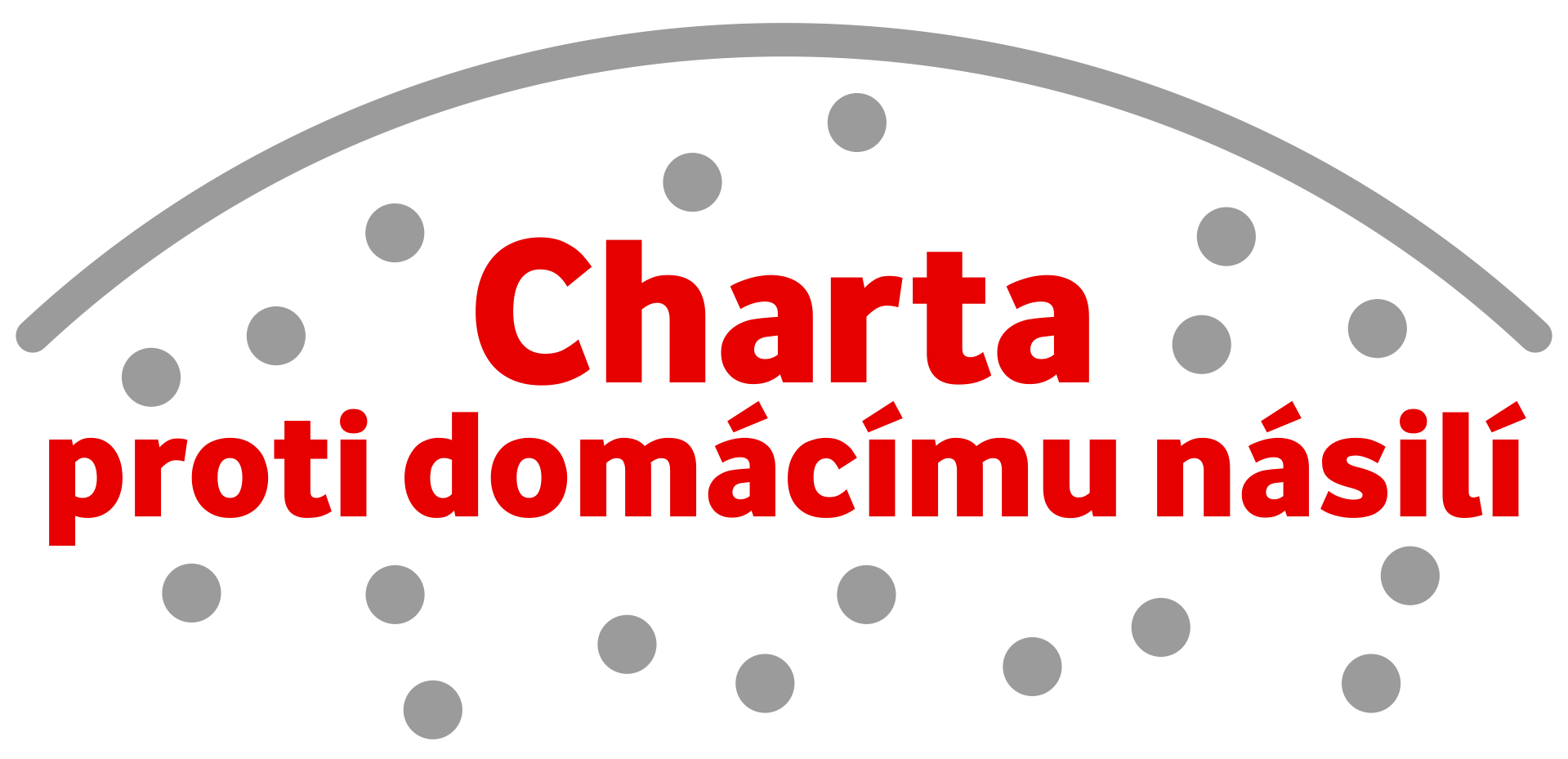
Charter against Domestic Violence
We are signatories of the Charter against Domestic Violence. Together with other companies, we strive to help victims from among our own employees. According to public statistics, one in five women has experienced physical or sexual violence at some point. In many cases, however, men are also victims. By joining the Charter against Domestic Violence, we commit, for example, to raising awareness and awareness of this issue, to introducing processes that will allow an effective response to situations where a colleague is at risk of domestic or gender-based violence, or to cooperate with organizations that provide services for victims.

The Czech Business Council for Sustainable Development
The Czech Business Council for Sustainable Development ("Czech BCSD") is an interest association that brings together leading Czech companies from various sectors that feel responsible for respecting the principles of sustainable development and business. It is the national affiliate of the World Business Council for Sustainable Development (WBCSD), the world's largest private sector association focused on sustainable development.
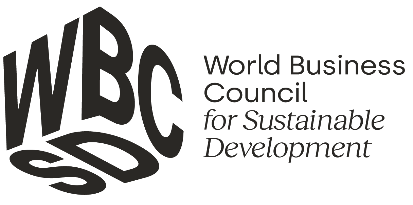
The World Business Council for Sustainable Development
The World Business Council for Sustainable Development (WBCSD) brings together more than 230 transformational organizations to form a global community that shifts the systems they work within towards a better future. WBCSD members push the boundaries of what businesses can achieve by taking action to limit the climate crisis, restore nature and tackle inequality. WBCSD mission is for all people to thrive in a sustainable way for our planet by 2050.
The World Business Council for Sustainable Development (WBCSD)
Global Child Forum
Global Child Forum is a Swedish non-profit foundation that brings together global leaders from business, civil society, academia and government in order to spur action for social change around children’s rights. Global Child Forum encourages businesses to take approaches in their operations and their communities that best advance children’s rights. Its work is underpinned by the United Nations (UN) Convention on the Rights of the Child and the Children’s Rights and Business Principles.

Employer's Human Rights Ten Commandments
The Employer's Human Rights Ten Commandments is aimed at promoting and protecting human rights in the Czech Republic. Its aim is to raise awareness of the importance of human rights and to promote respect for them in all areas of society. We joined this initiative to demonstrate our commitment to ethical and responsible business conduct. By signing our name, we have confirmed that respect for human rights is a matter of course for us and that we will strive to continuously improve and find new ways to apply the principles of equality, respect and dignity in our daily work to all employees without distinction. Supporting the Employer's Human Rights Ten Commandments is also a way for us to contribute to creating a society where human rights are respected and protected.
EU Taxonomy provides science-based EU classification system of “environmentally sustainable economic activities”. And provide common language and clear definition of “sustainable” to avoid “greenwashing” for financial markets, investors and companies.
For an activity to be listed in classification (be eligible) criterium of substantial contribution towards at least one of the environmental objectives needs to be proved. To provide expert judgement which activities to be included, Technical Expert Group and later Platform on Sustainable finance was established. The Platform is an advisory body of European Commission and is tasked to further develop EU taxonomy.
Taxonomy Regulation establishes six environmental objectives:
- Climate change mitigation
- Climate change adaptation
- The sustainable use and protection of water and marine resources
- The transition to a circular economy
- Pollution prevention and control
- The protection and restoration of biodiversity and ecosystems
To be aligned with EU taxonomy means to provide proof of substantial contribution towards selected environmental objective. Prove it does not harm any of the other 5 objectives (Do No Significant Harm criteria). And proof it does not breach minimum social safeguards as international standards of human or labor rights.
